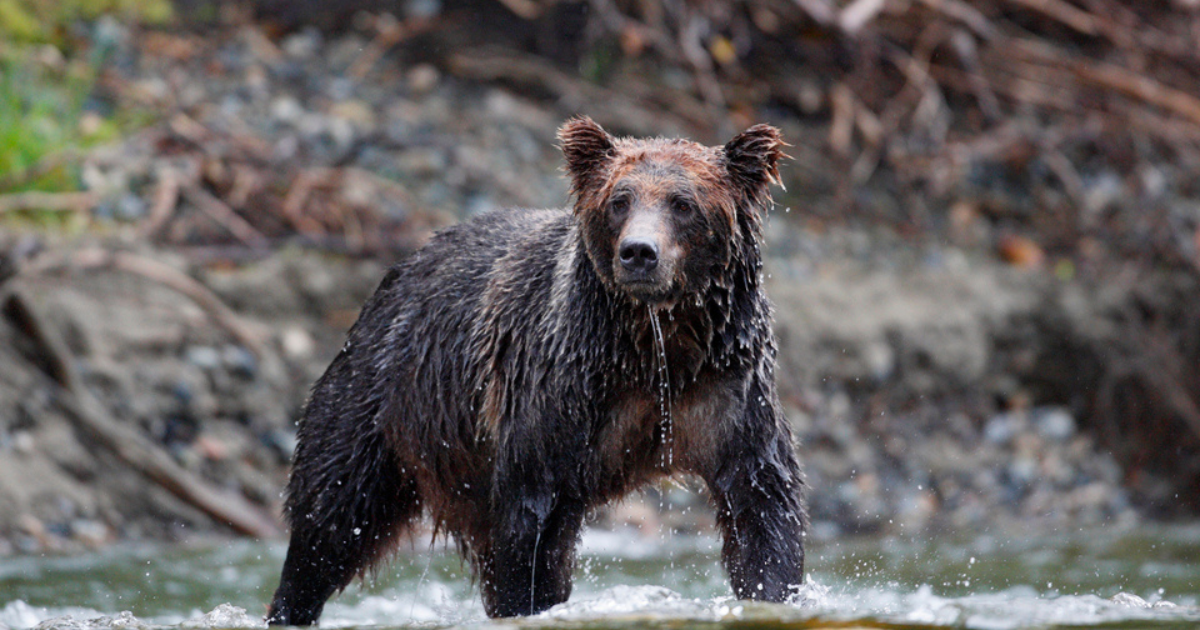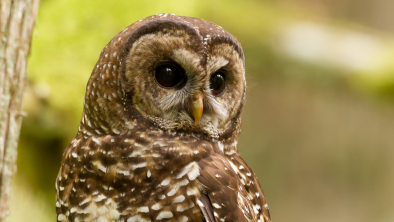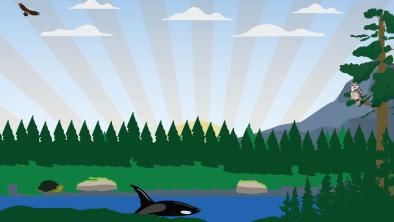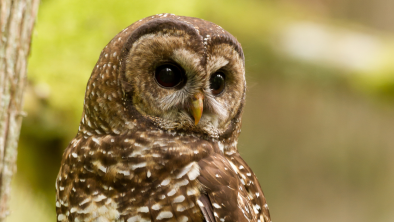Conservation Coalition Opposes New Management Plan for BC's Grizzly Bears

Fifty-five environmental and animal care organizations, conservationists, scientists and nature-based businesses have signed a joint letter to the BC government opposing a new plan that would profoundly change the management of grizzly bears. The plan would set up a system of local and regional wildlife advisory committees across BC, for the purpose of creating their own, separate grizzly bear management plans.
This plan was recently revealed in a report called “Grizzly Bear Stewardship Framework”, a collection of grizzly bear information to be used by the committees to “increase the potential to realize locally desired outcomes for grizzly bears and their habitat”. The letter by the conservation coalition states that:
“The intent of this program, to fragment grizzly bear planning among local and regional committees, composed largely of hunting, trapping, industrial and political interests, is inconceivably irresponsible ... management of all our species at risk requires an independent, expert wildlife stewardship team that is dedicated to conservation of species across the province, on behalf of all British Columbians.”
Ever since grizzly bear trophy hunting was banned in BC in 2017, hunting organizations have been lobbying heavily to reopen the hunt. The return of licensed hunting will clearly be on the table for the upcoming local and regional committees to consider. Regulations for the conservation of wildlife have not always had the support of local vested interests, especially if a community wants to log or build a ski resort in nearby grizzly bear habitat.
The conservation coalition urges that wildlife should be managed with a combination of conservation biology, and the moral and humanitarian values of a majority of British Columbians. For instance, in an open public process in 2017, 78% of respondents supported closing the licensed grizzly bear hunt, and this sentiment remains unchanged. A recent poll conducted by Research Co. in October, and sponsored by Pacific Wild, has found that 84% of British Columbians from across the province oppose sport or trophy hunting of grizzly bears. The coalition also is alarmed that after six years the province has not followed through on the Auditor General’s grizzly bear report that recommended much more protection of grizzly bear habitat and is merely recommending more planning.
In summary, the signatories hold that “In this time of unprecedented challenges, uncertainty, and unpredictability, we urgently require a shift from managing wildlife for consumptive use by humans to managing for the survival of species, using the precautionary principle, and in keeping with the science-informed humanitarian values of British Columbians.”
Read the full letter here.
Fancy meeting you here at the end of this article! Care to hang out together for a few more sentences?
The campaign you just read about is one of about 20 we’re actively working on at any given time. And the person who wrote this article is the same campaigner who’s asking you to take action, who’s calling on our legislators to make changes and who’s in the field to bring you photos, videos and stories documenting this issue.
Did you notice how we’re a bit distinct, that we’re not afraid to call out the industries or governments that threaten what’s wild? Unlike other groups, we’re almost 100 per cent* “people powered.” Individuals like you who care give what they can, when they can. No corporate or government funding restricts our strategies, our actions or our voice. That’s how we stay a lean, nimble and unequivocally relentless voice for wilderness, wildlife and the climate. That’s why we’d love it if you’d consider joining us by making a monthly donation to the Wilderness Committee today.
LET'S MAKE A DIFFERENCE TOGETHER
We’ve already established you like to read to the end, so here’s the fine print. It’s 96 per cent of our funding which comes from individuals like you and me. About four per cent of our total funding comes from a few grants from foundations. Every gift — no matter the size — has an impact and powers our work for nature.


